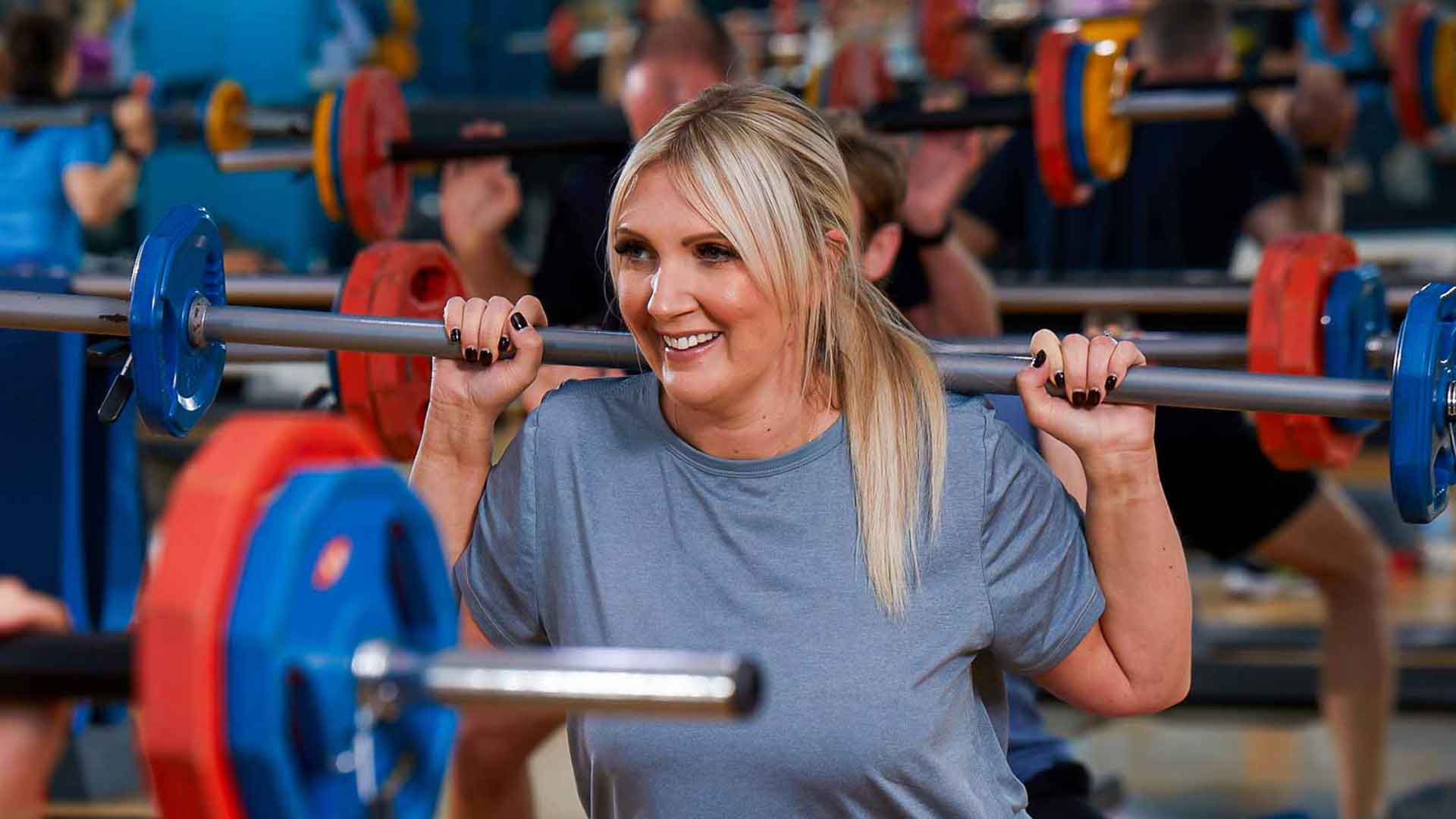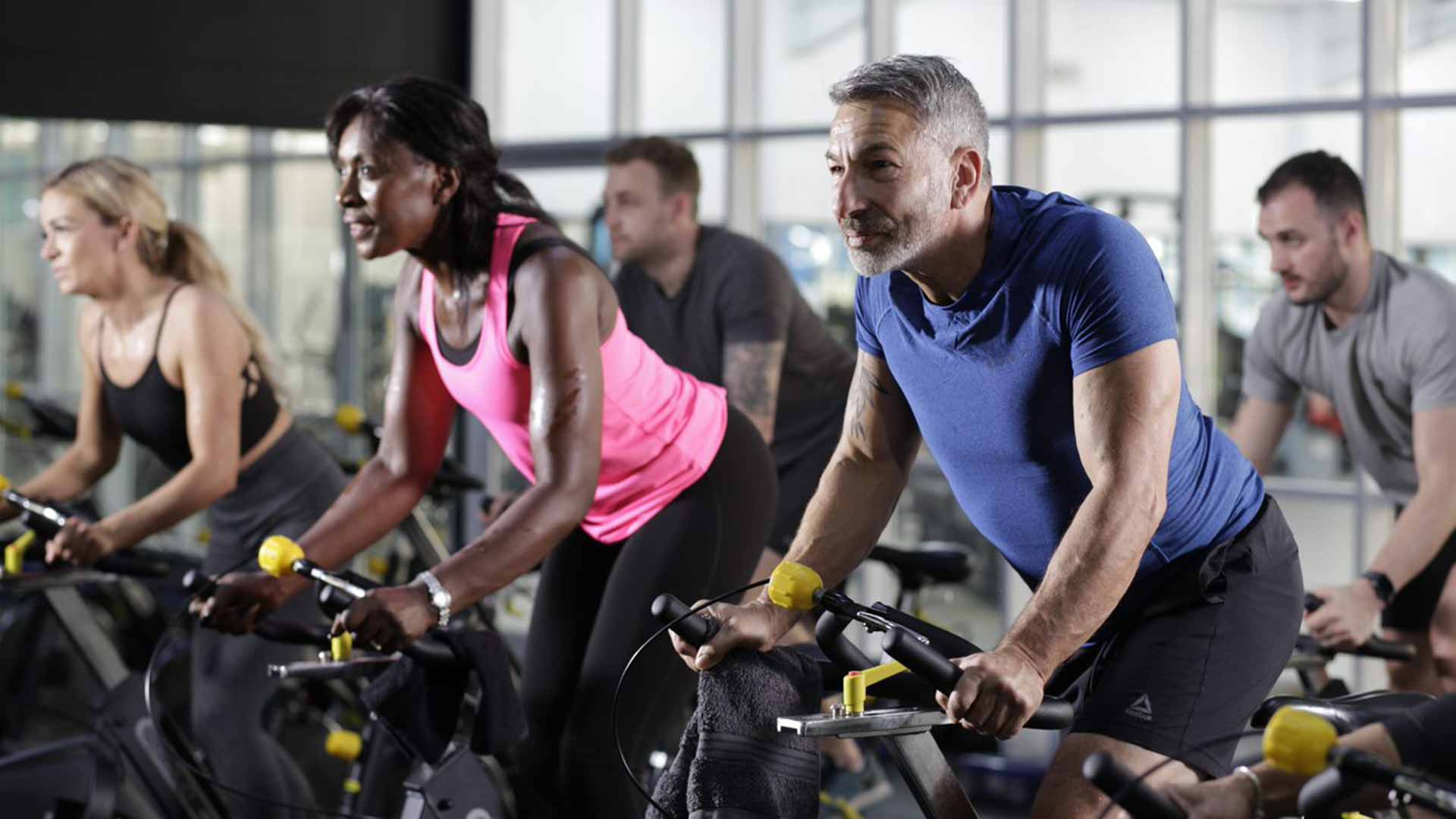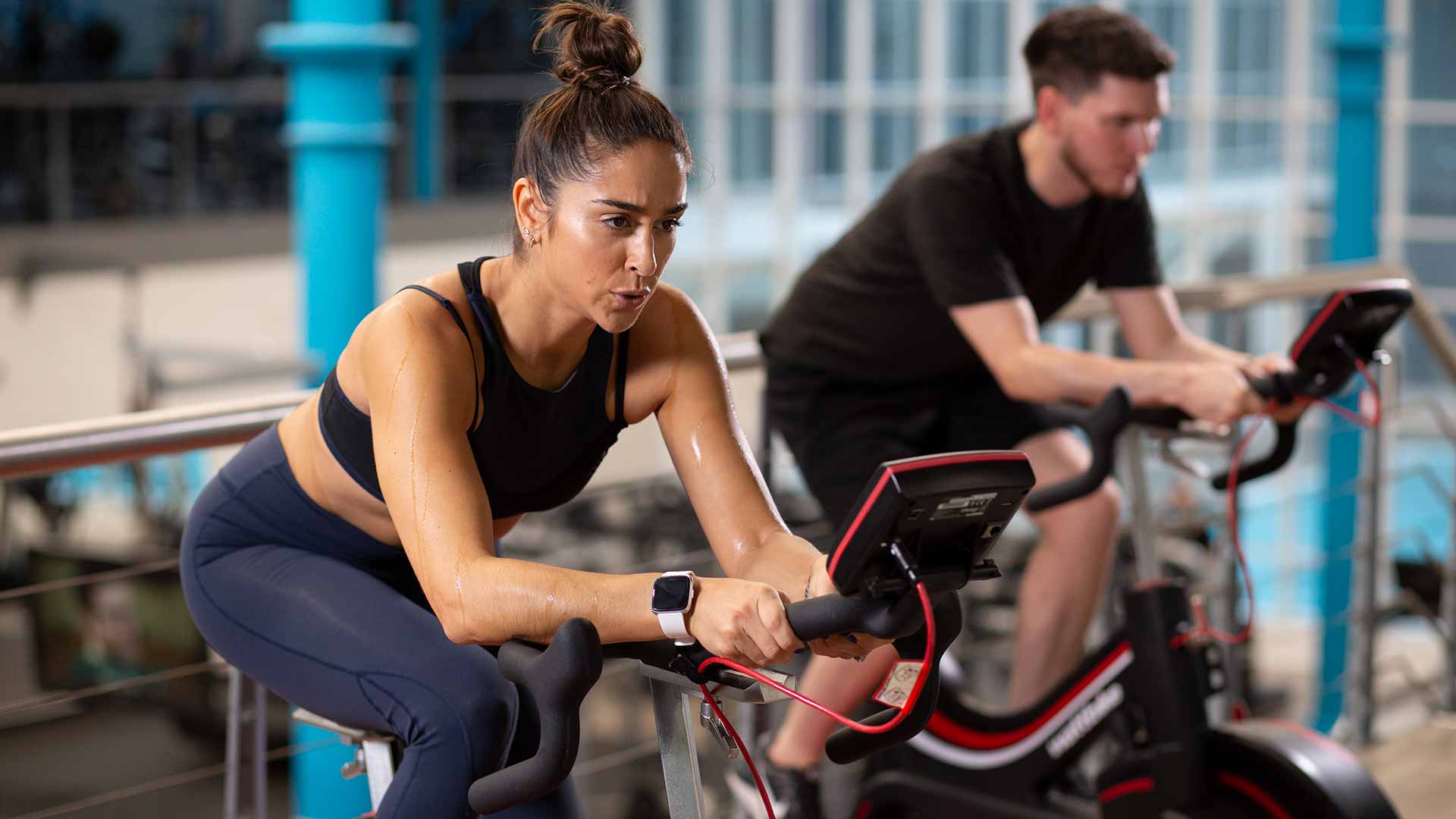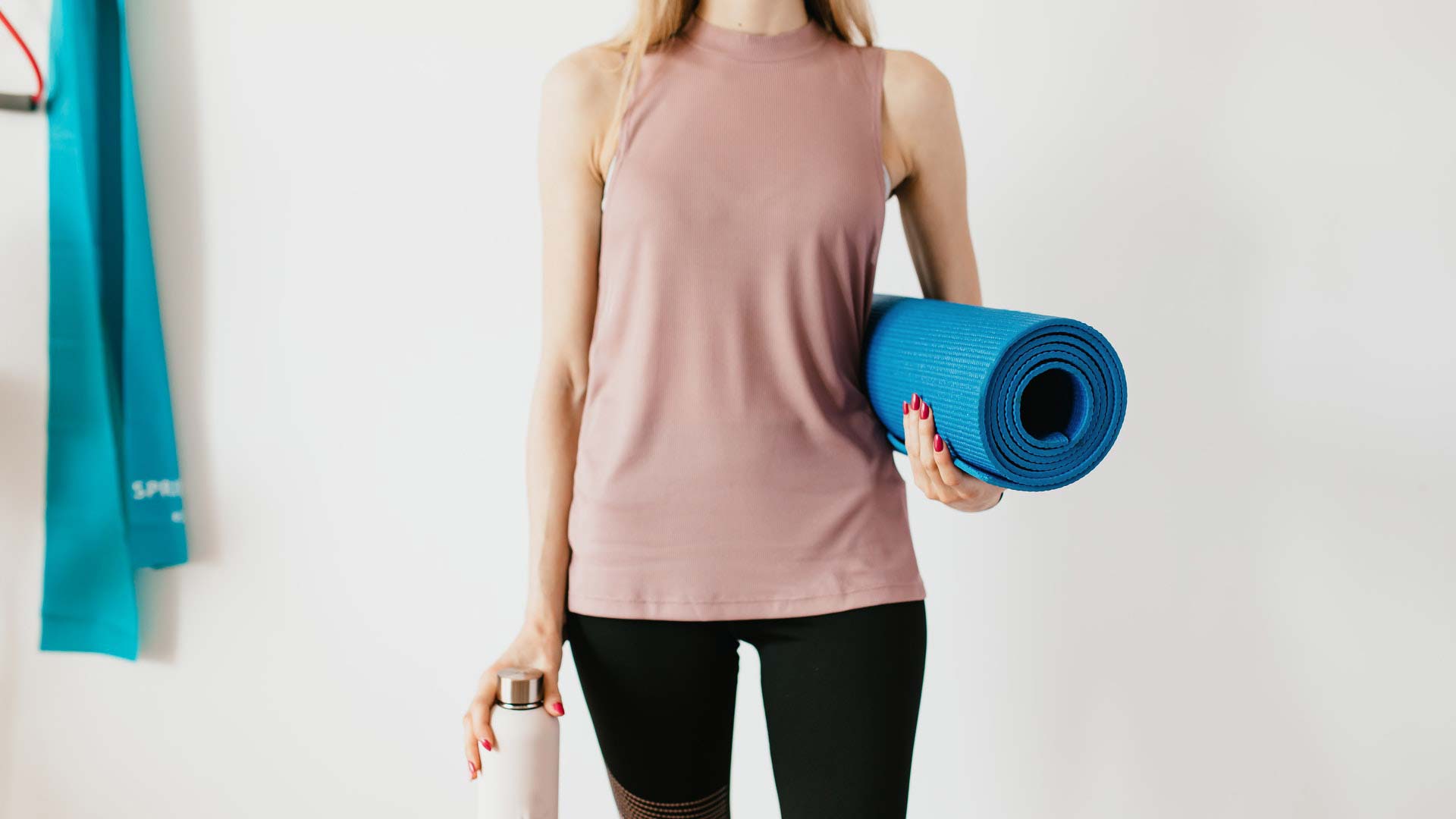- 02/02/2023
- Wellness & Nutrition
Stress is something that will impact all of us as some time or another, whether it’s based on financial, relationship, family, work, or any other stress – it has an impact on our health, wellbeing, and motivations.
If you aren’t a regular gym goer or don’t enjoy exercise, even just the thought of it can be daunting and stressful – after all, we all know the importance of keeping ourselves fit and healthy. There are plenty of additional health benefits, but it can often be overwhelming and hard to fit around your daily life.
One of the great things about going to the gym is that it’s a space where you can go to fail. If you’re going in with motivation to beat your goals, lift heavier, run further, try a class for the first time – you might not achieve it on the first attempt, but each time you fail you’re actually building more confidence and getting closer and closer to your goal. That feeling of ‘I couldn’t do that before, but now I can’ is really powerful.
Certain exercises are stress reducing in nature, think Pilates, Yoga, swimming, going for a long walk outside in the fresh air, and routines that are more meditative and breath focused. Other exercises are actually about adding stress to the body. If you’re lifting weights, you need to add stress to break down the muscle fibres and build them back stronger. High intensity, long stretches of cardio, and weightlifting to name just a few, require us to push our bodies our of their comfort zone, challenging ourselves to help move forward.
Let us introduce you to the ‘Stress Bucket’
Everyone has a level of stress that they can handle, a great way to think about it, is all of our stress going into one bucket. A little bit of stress, and your bucket is fairly empty and not too much to deal with – but the more it fills up, the heavier it gets and can sometimes overflow. This is when stress can become unmanageable. If we then add in a workout – adding additional stress on the body, it’s not always the best way to cope and can instead just be another strain on that already full bucket.
So how do we know when to add stress to our workout and when to take it easy? We’ve got a system to help you figure it out. Ask yourself these 4 questions rating them 1-3 (1 being great, 3 being not great, and 2 is neutral), add up your score and you’ve got your answer.
Q1 How well have you slept?
Both our bodies and minds recover and heals through sleep as our cortisol levels drop, so if you aren’t getting enough sleep, you’re likely to wake-up with some of that stress still left.
Q2 How well fed and hydrated are you?
It’s important to fuel our bodies correctly as this all helps to support our body in the recovery process. If we’re starved of fuel this can add to the stress and be another factor in topping up that stress bucket. Have you drunk enough water, and eaten enough food to keep you energised?
Q3 How are you feeling physically?
Working out is likely going to put a strain on your muscles and body, so checking that you feel okay without any aches, pains, or feelings of stiffness is going to be a good indicator on how well you can push yourself. You wouldn’t want an injury or to an illness to add to those stress levels.
Q4 How do you feel mentally?
If you’re feeling stressed, anxious, angry or sad, our emotional and psychological stress can impact our wellbeing. Although it can be tempting to work off get that anger or sadness with high intensity exercise, this may not have the stress relieving effect that you intended.
The results
Once you’ve scored them all out of 3 (1 being great, 3 being not great, and 2 is neutral) and if you’ve scored yourself 9 or above, we would recommend easing back on your workout, taking a rest, or focusing on lower intensity ‘active rest’ days that are stress reducing in nature - think Pilates, swimming, Yoga, and more meditative and breath focused.
If you score between 4-8 you’re generally okay to workout as normal, this is a great way to check in with yourself and listen to your body to help avoid injury and illness.
We hope you enjoy your next workout. You can find high intensity, strength, cardio, alongside more meditative workouts on our Members App if you need some further inspiration on your next trip to the club





